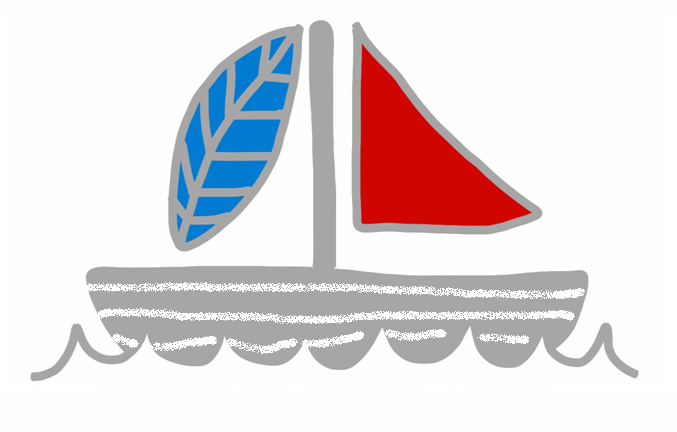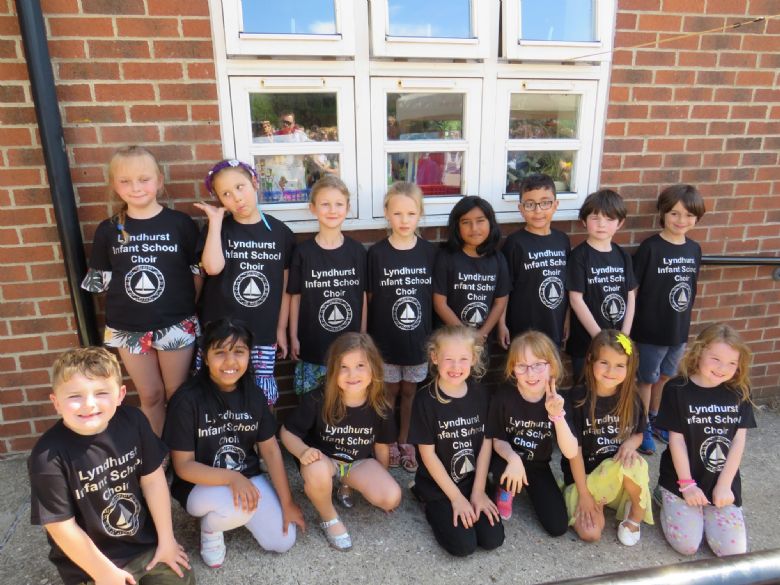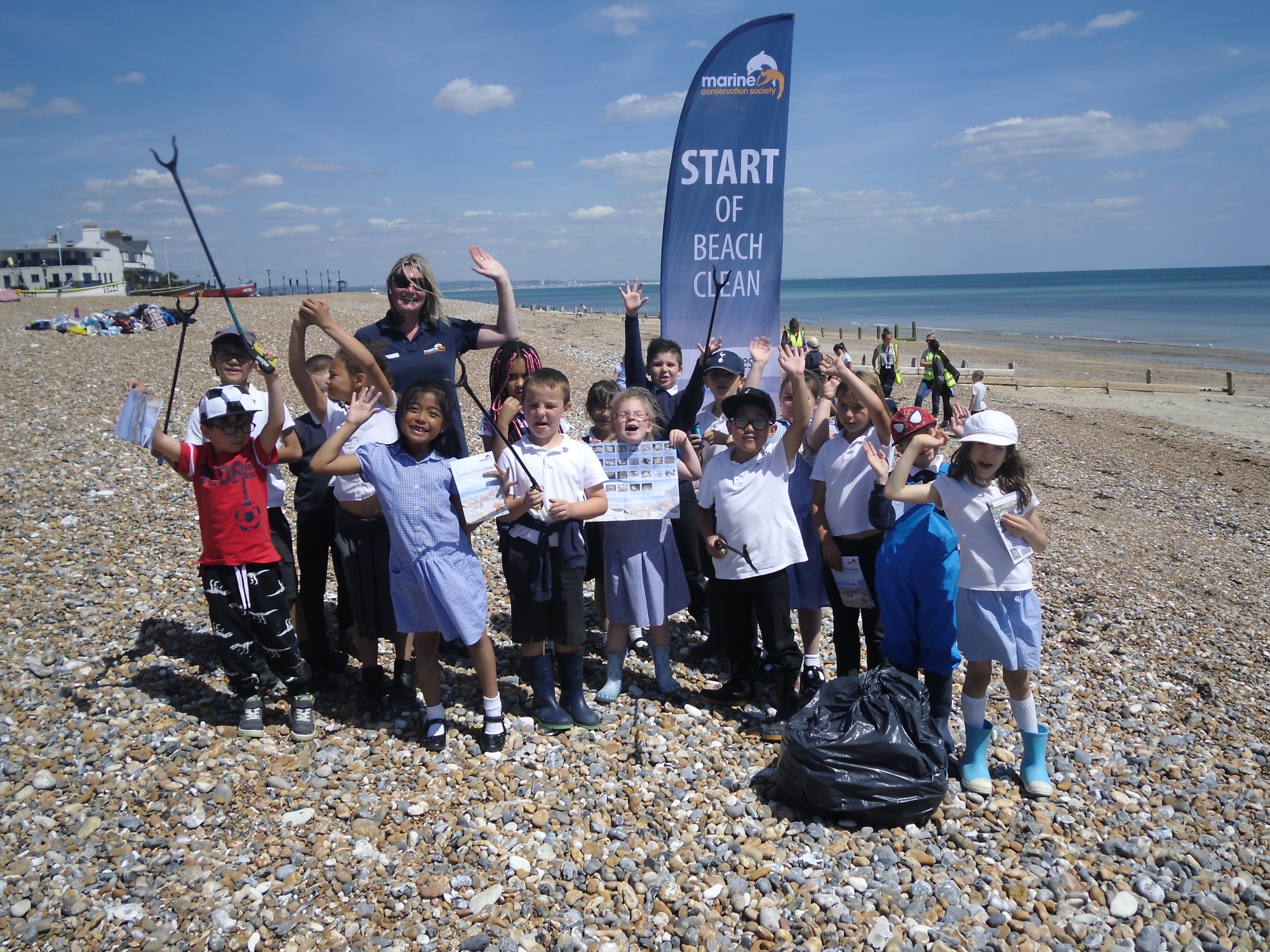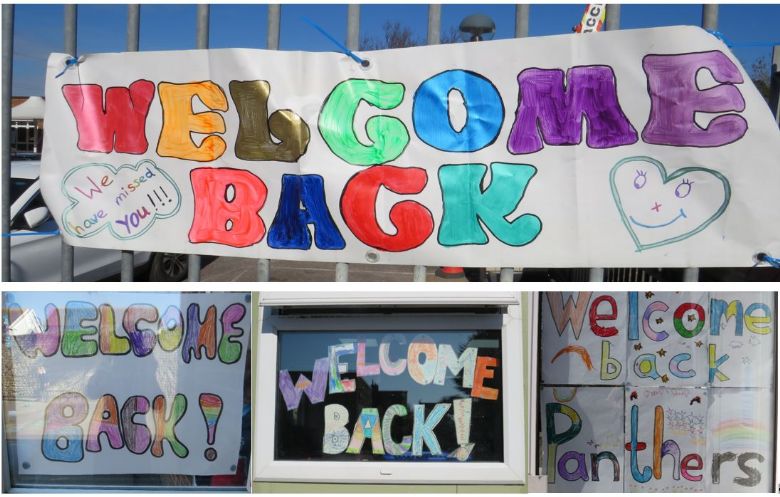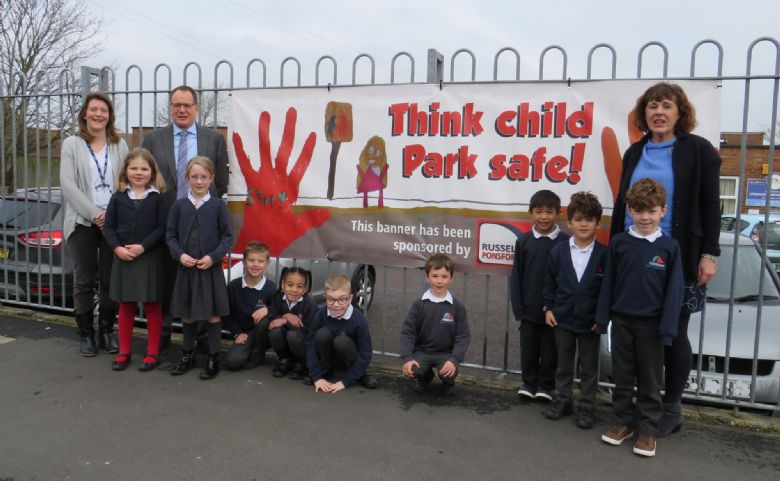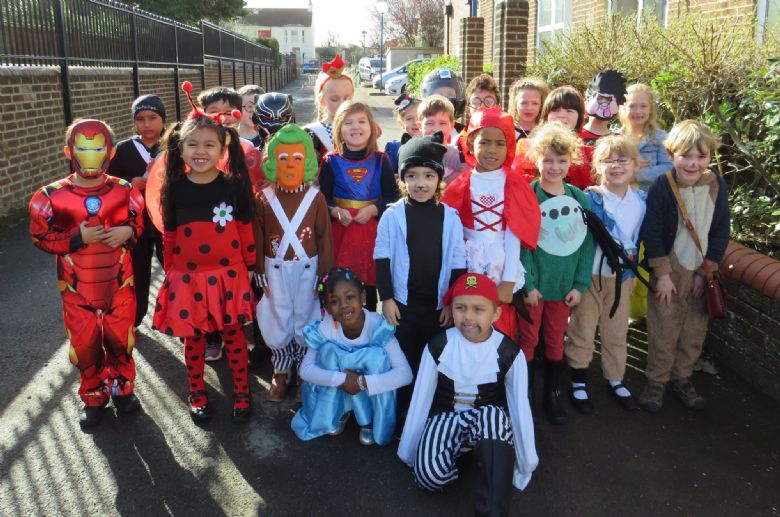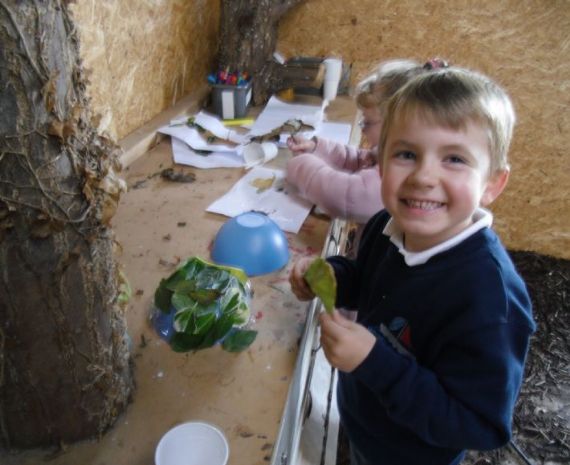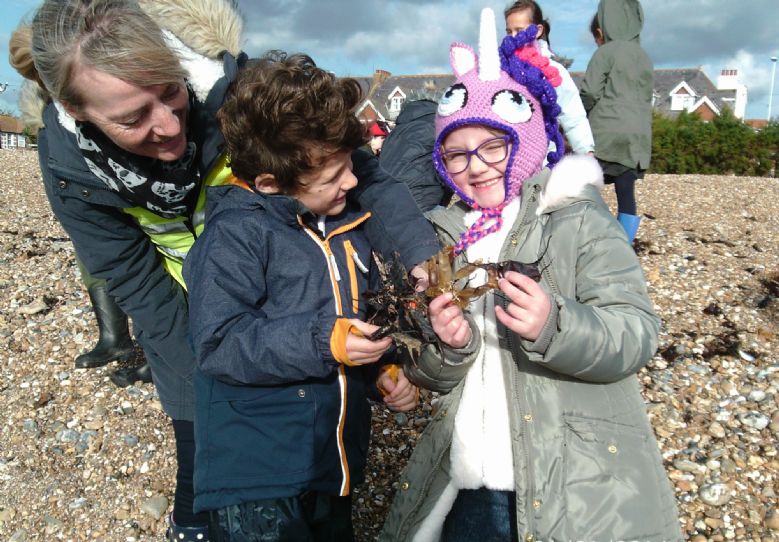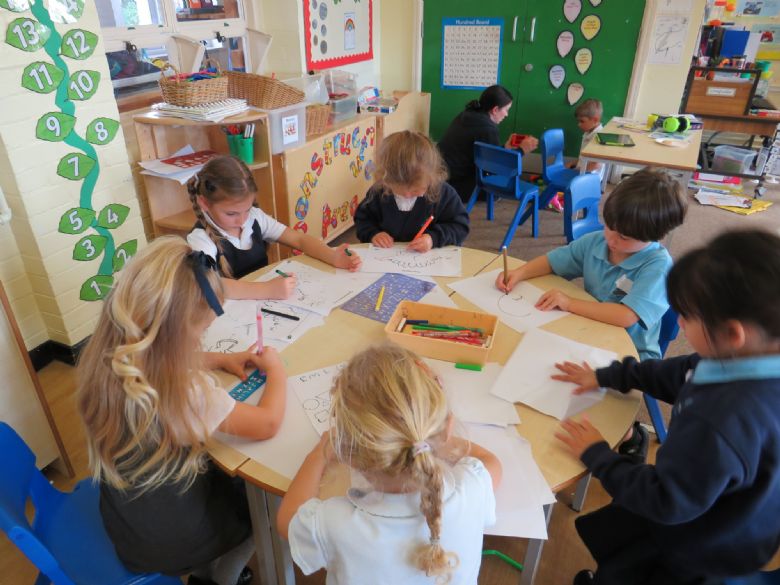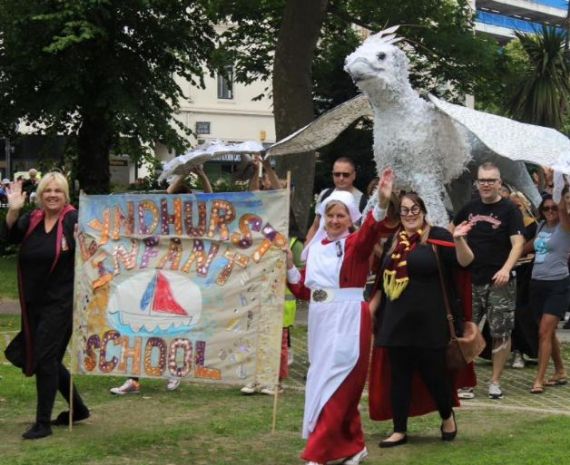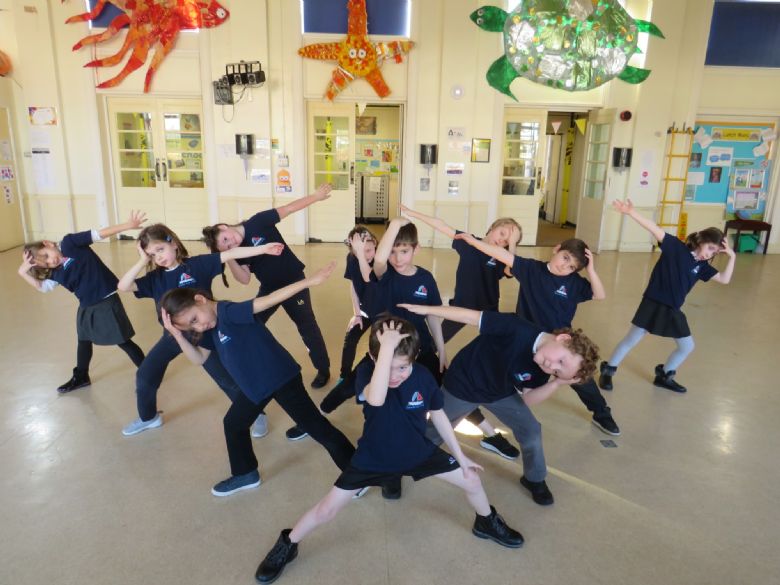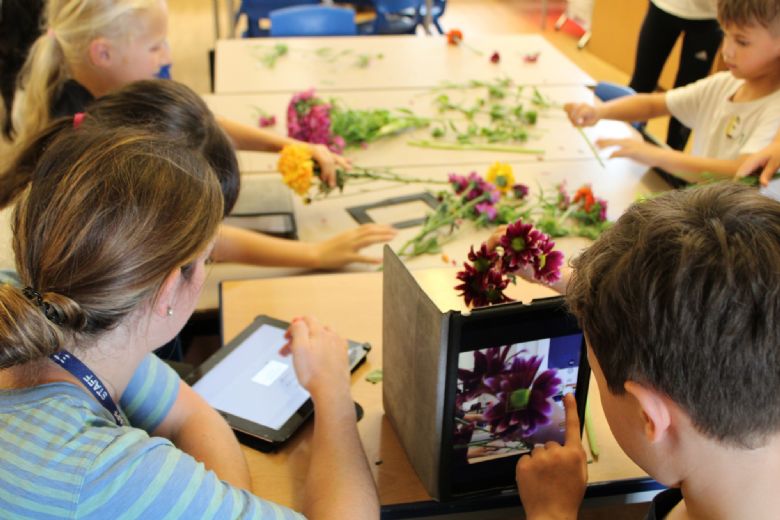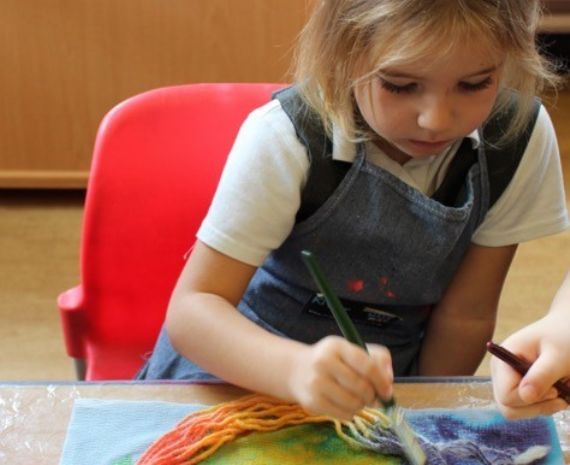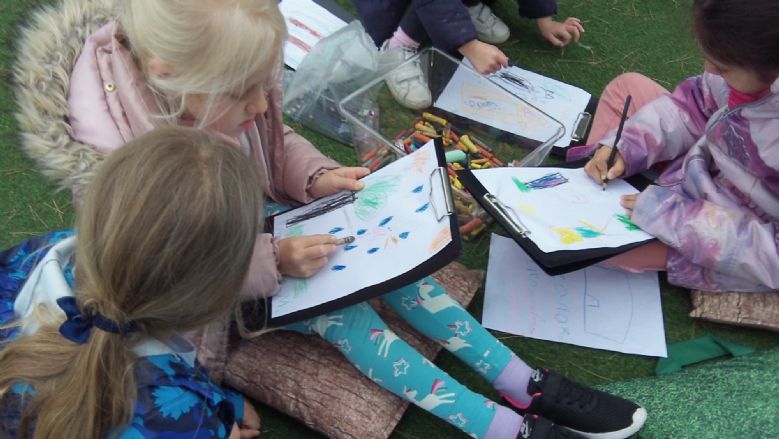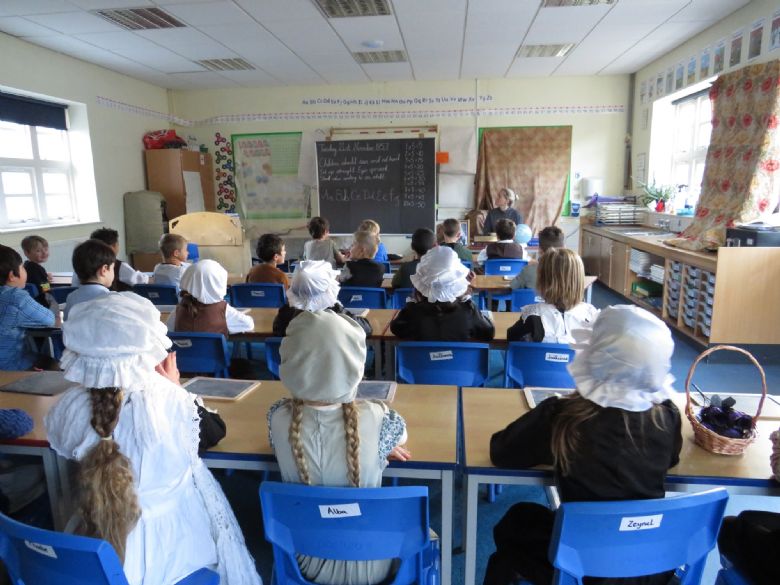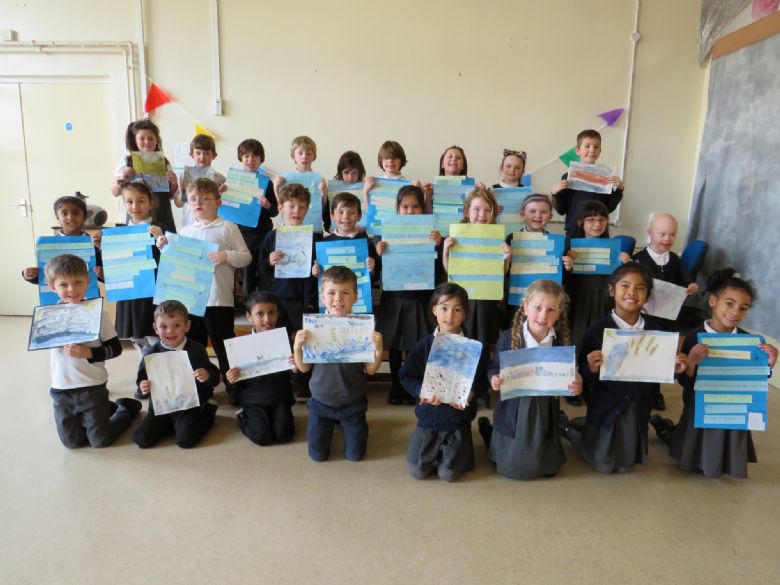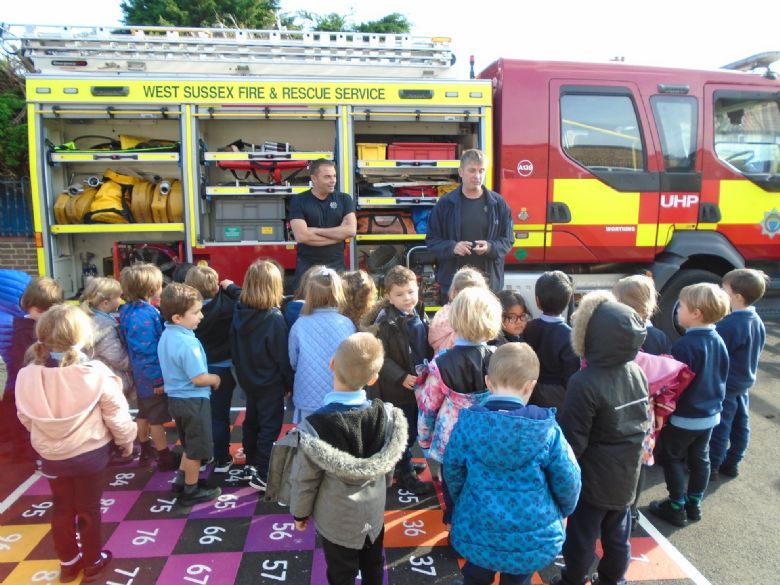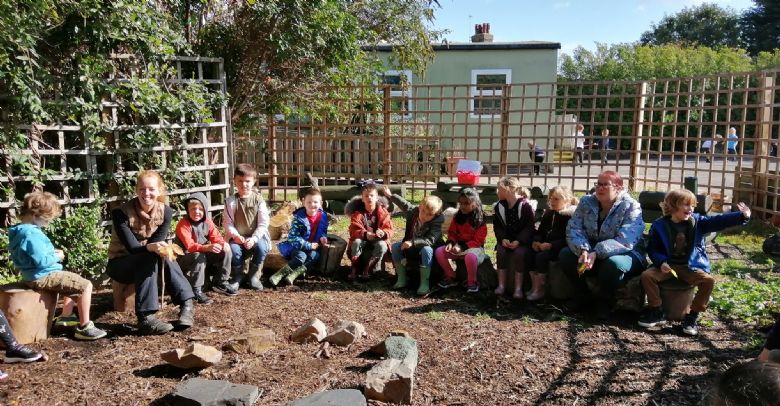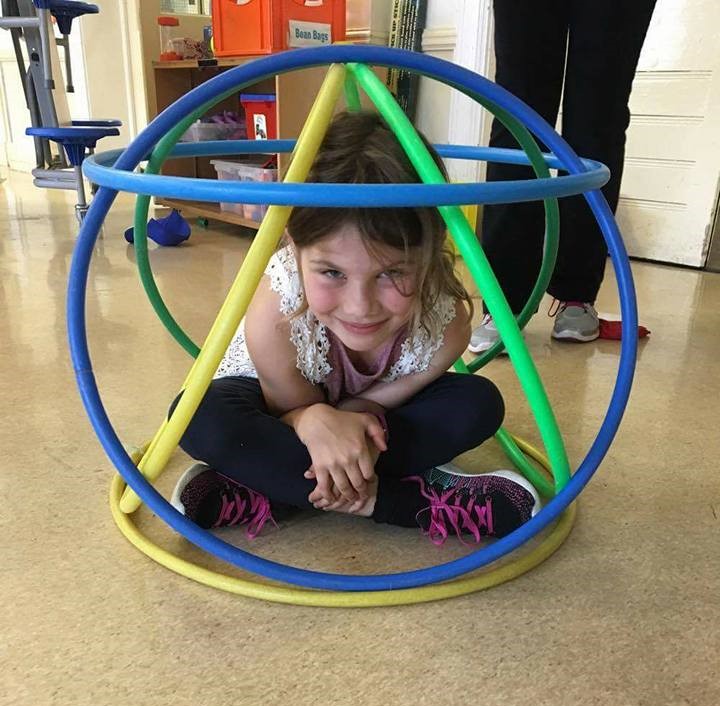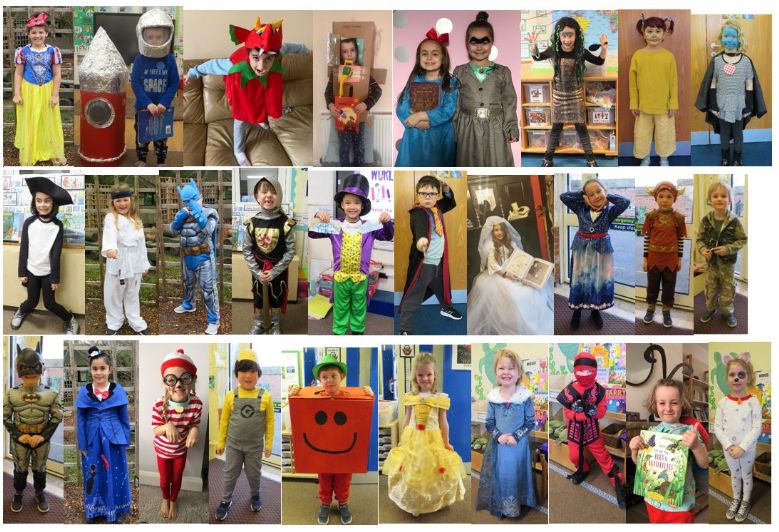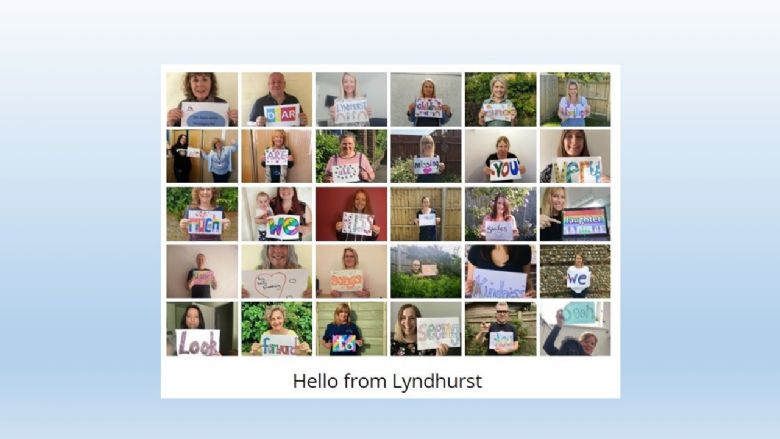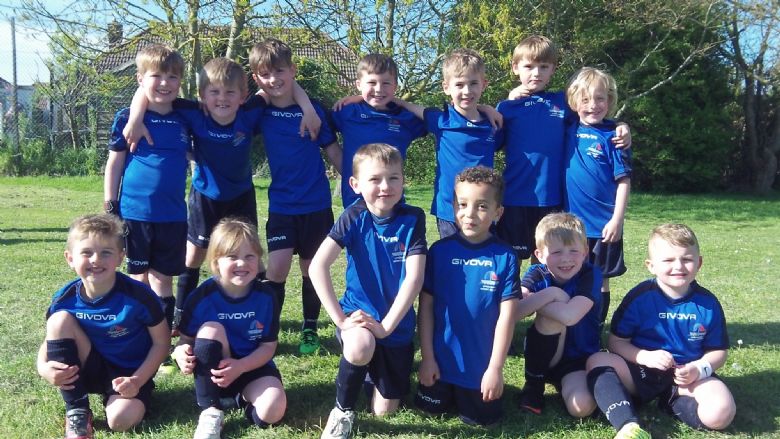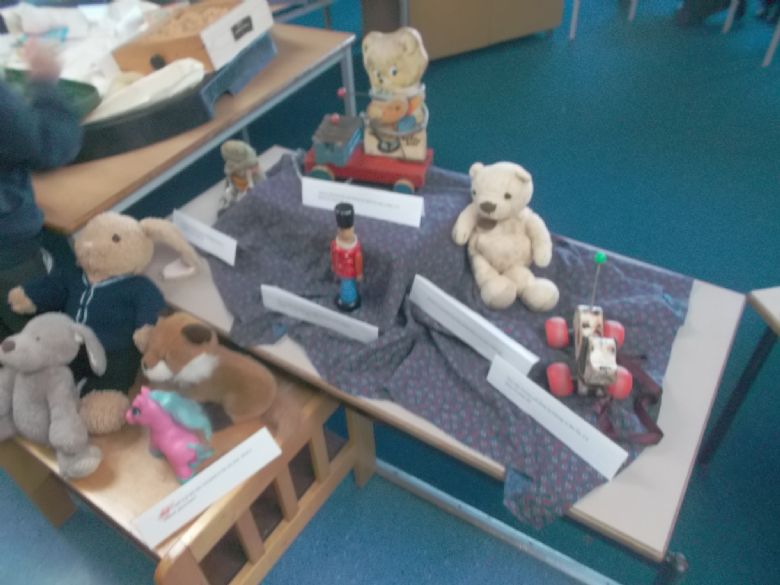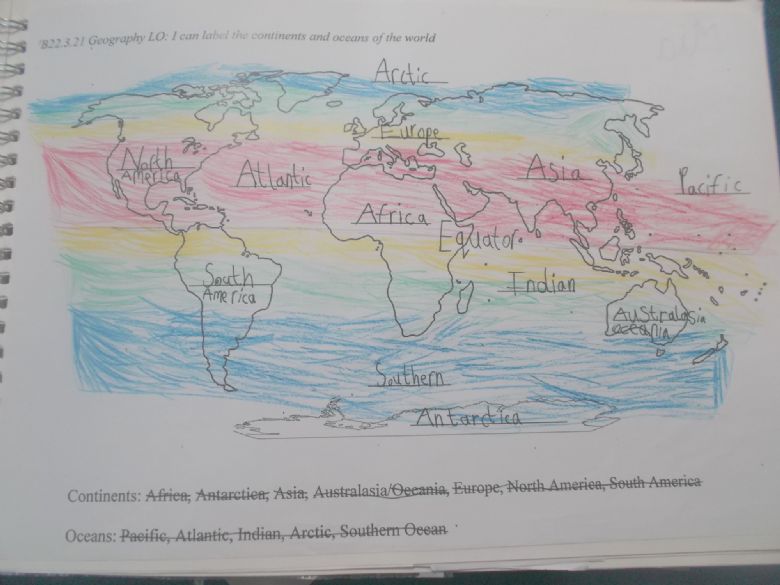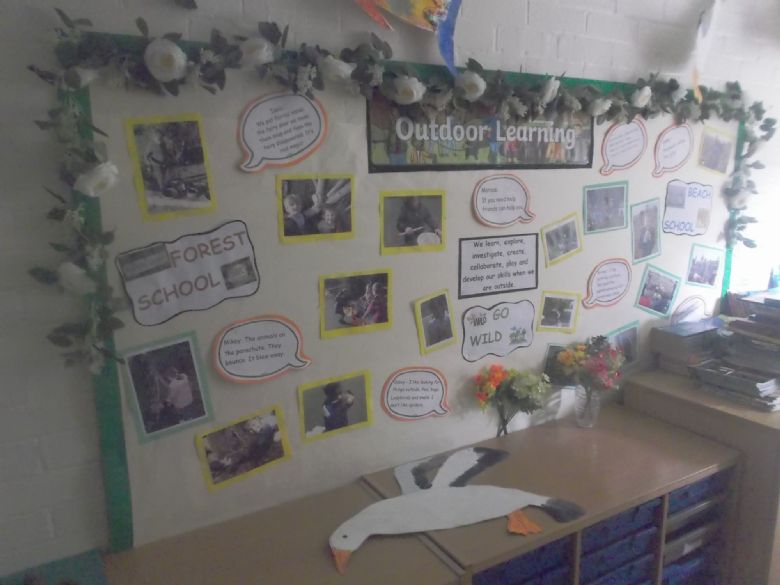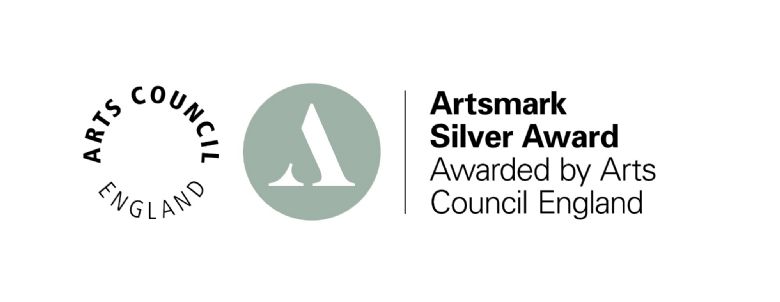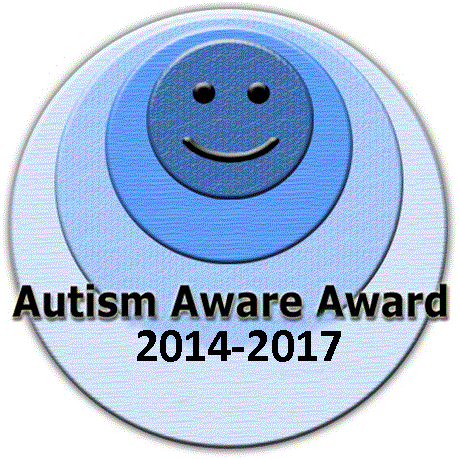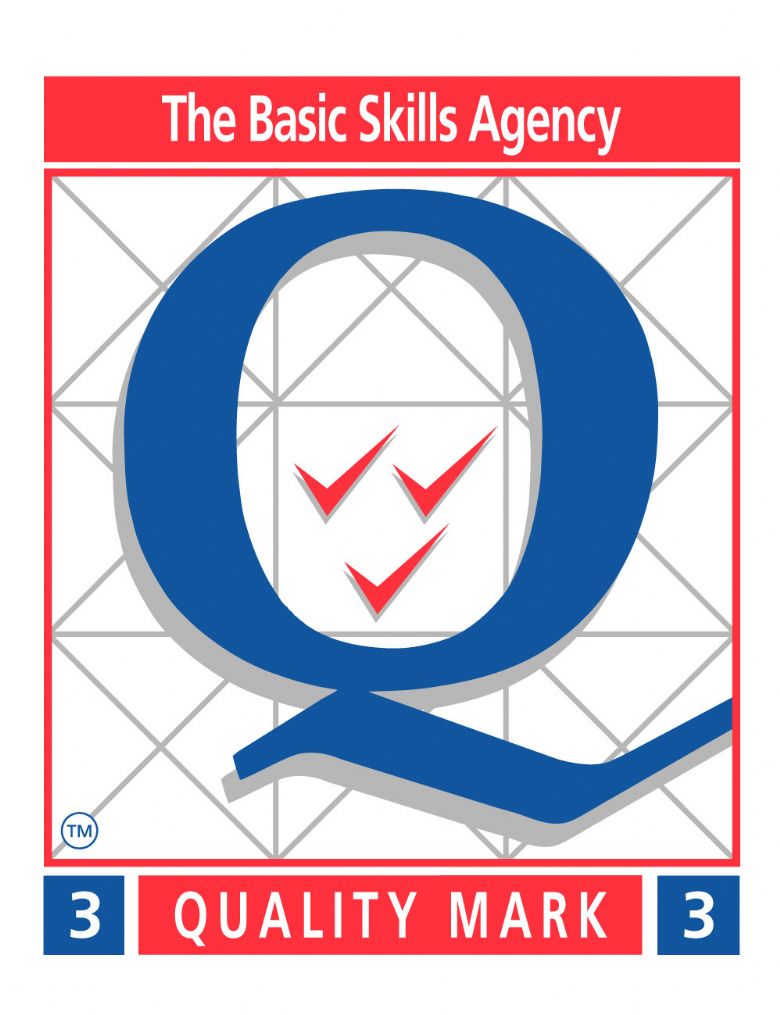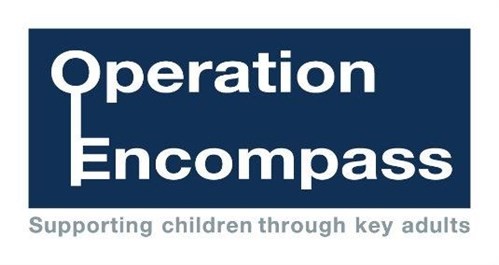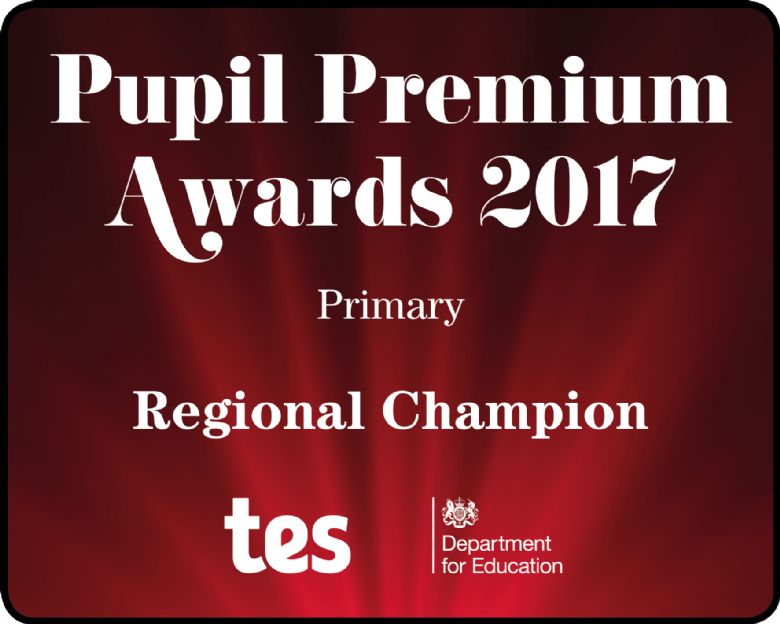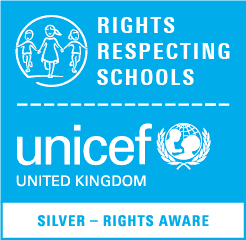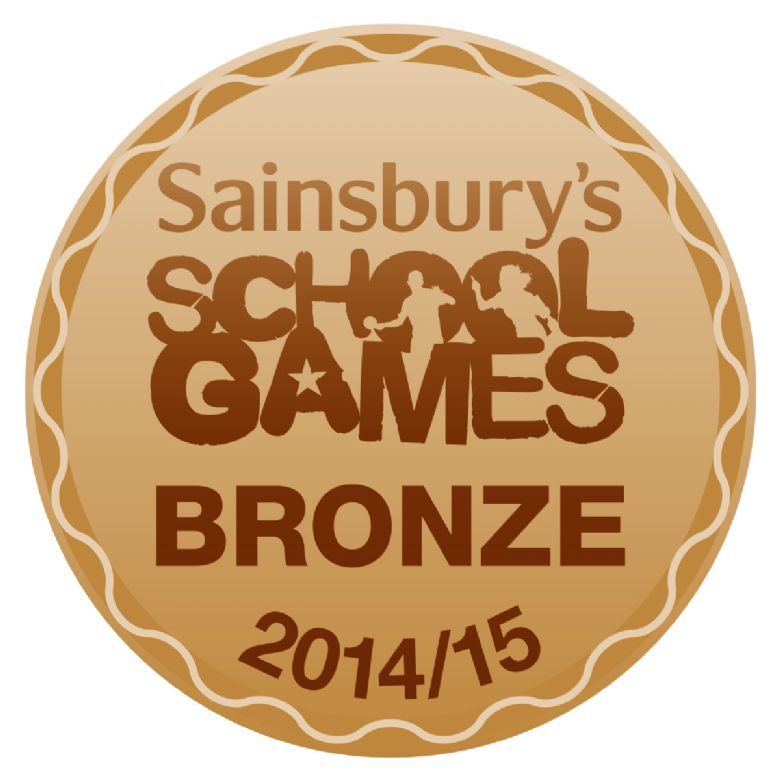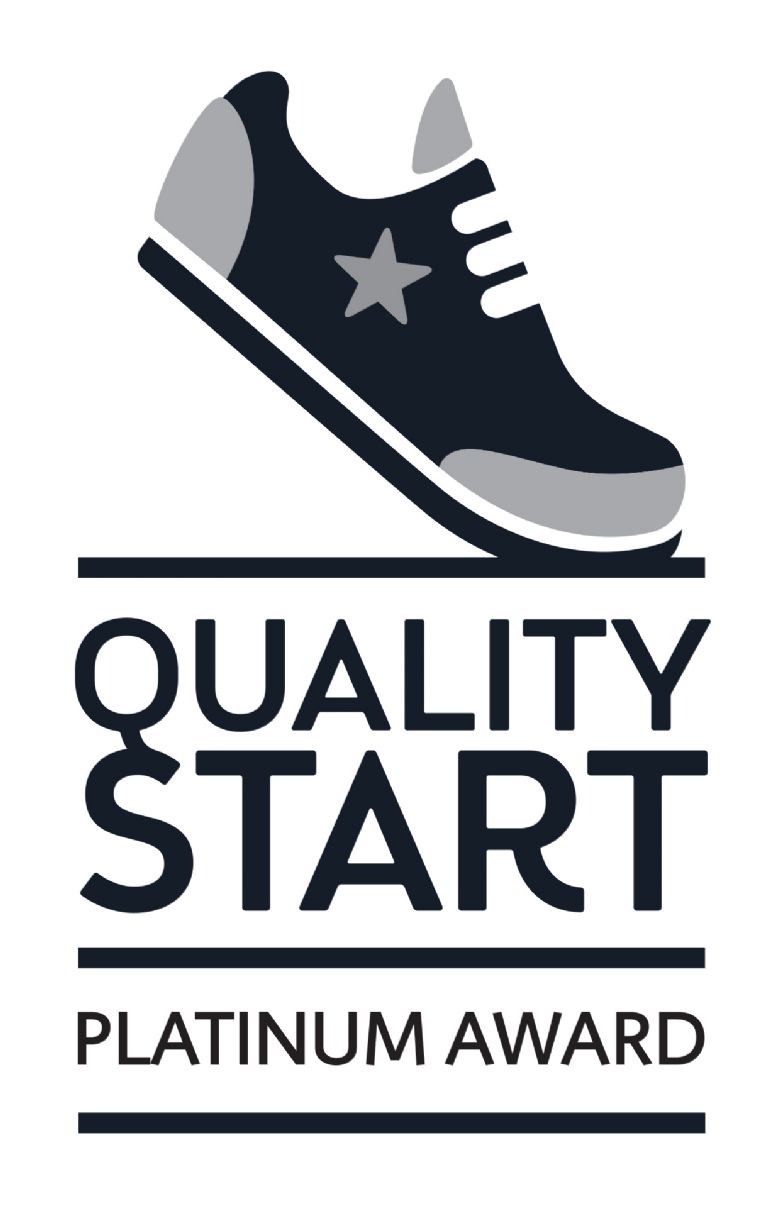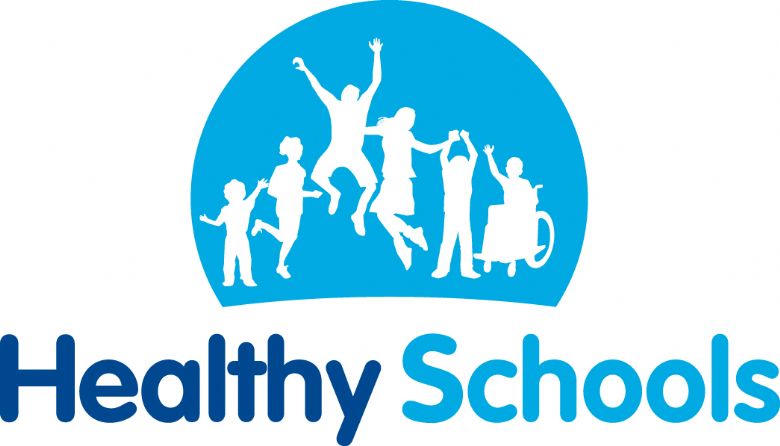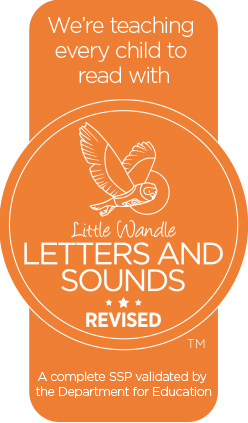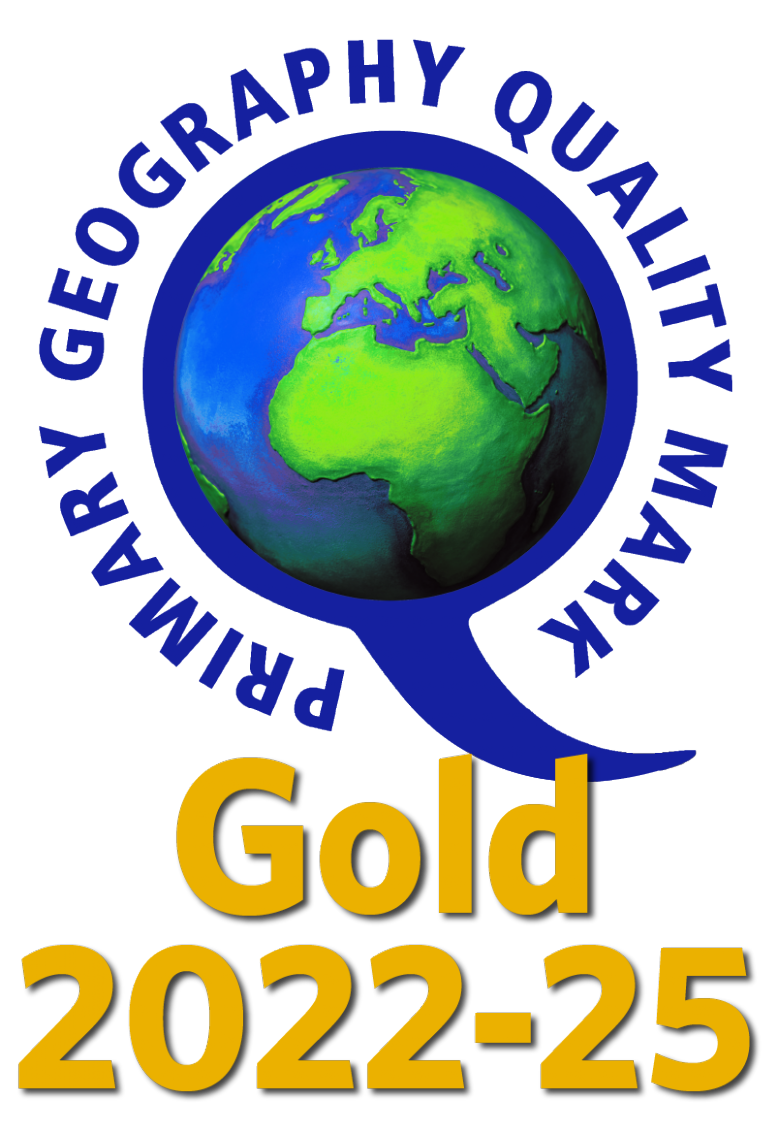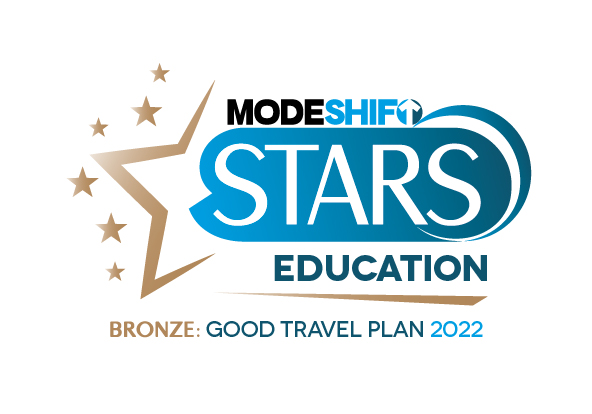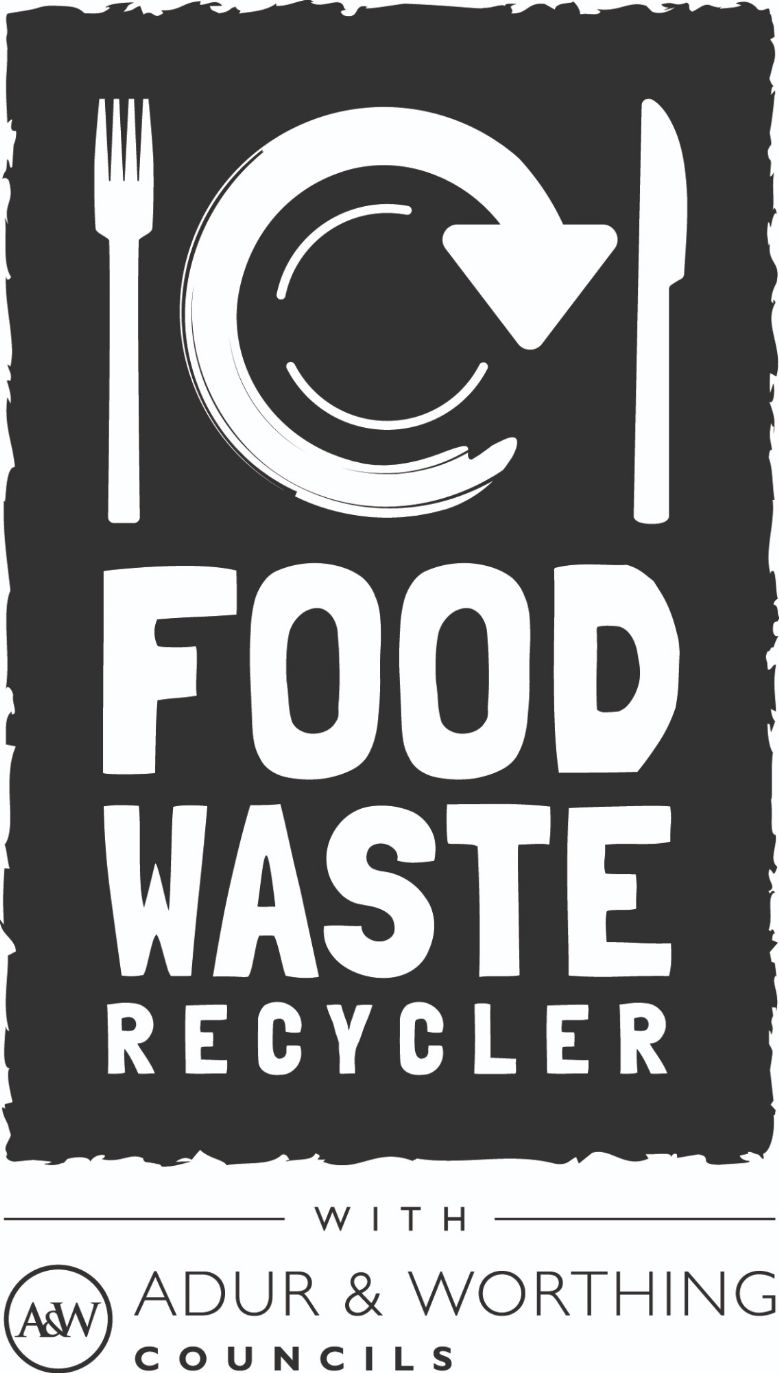Humanities- History and Geography
History
At Lyndhurst our goal for History education is that children gain an increasingly mature and informed historical perspective on their world by developing: a strong understanding of chronology and historical terms; historical enquiry skills and an understanding of the importance of historical sources as evidence; and knowledge of the characteristics of and developments during different time periods.
An understanding of chronology is essential in the development of a secure knowledge of history. Children learn about history topics through the lens of key historical concepts such as: continuity and change, cause and consequence, similarities and differences and significance.
From our experience, we know that young children require topics linked to their lives and so our teaching of history involves investigating timelines that they will understand and teaching appropriate vocabulary.
As the children move through school, we build on the learning about timelines and vocabulary about the past through the different topics we teach.
Our aim is for pupils to:
• learn about changes within living memory, especially those that have led to change in national life
• learn about events beyond living memory that are significant nationally or globally.
• learn about the lives of significant individuals in the past who have contributed to national and international achievements with a focus on how we can use this knowledge to compare aspects of life in different periods.
• learn about significant historical events, people and places in their own locality.
Our topics centre around a question to encourage historical enquiry;
Year One
How were Toys Different in The Past?
What Happened In Pudding Lane?
Why Is The Queen So Special?
Pirates and Smugglers - Fact or Fiction?
Year Two
How Did They Do That?
How Can We Look After Our World?
What Makes A Superhero?
These questions ensure that the children begin to ask and answer historical questions through looking at sources of evidence. The topics are high interest and cover many historical figures and periods in history. These topics are also cross curricular.
Photo Gallery
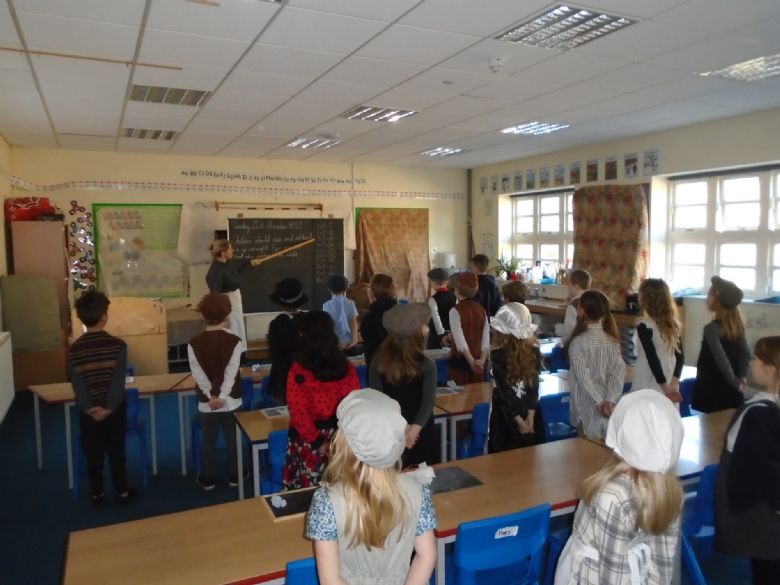
Victorian classroom Lyndhurst toy museum
Geography
The expectation for children in Reception at the end of the year is to know about similarities and differences in relation to places, objects, materials and living things. They talk about the features of their own immediate environment and how environments might vary from one another. They make observations of animals and plants and explain why some things occur, and talk about changes.
The expectation with the new curriculum is that children in Key Stage 1 need to:
Location Knowledge
- Name and locate the world’s seven continents (North America, South America, Europe, Africa, Asia, Australia and Antarctica) and five oceans (Pacific Ocean, Atlantic Ocean, Indian Ocean, Southern Ocean and Artic Ocean).
- Name, locate and identify characteristics of the four countries (Wales, Ireland, Scotland and England) and capital cities of the United Kingdom and its surrounding seas.
Place Knowledge
- Understand geographical similarities and differences through studying the human and physical geography of a small area of the United Kingdom, and of a small area in a contrasting non-European country.
Human and Physical Geography
- Identify seasonal and daily weather patterns in the United Kingdom and the location of hot and cold areas of the world in relation to the Equator and the North and South Poles.
- Use basic geographical vocabulary e.g. beach, cliff, coast, forest, hill, mountain, sea, ocean, river, soil, valley, city, town, village, factory, farm, house, office, port, harbour.
Geographical skills and fieldwork
- Use maps, atlases, globes to find the UK and other countries, continents and oceans.
- Use a simple compass directions (North, South, East, and West).
- Recognise landmarks from aerial photographs.
Geography is taught through a cross curricular way and is often linked closely to the topic your child is covering in class. However, with the recent expectations in the new curriculum, subject knowledge is very important. If you want to practise naming continents or oceans please see these links to Geography games below:
Espresso and Purple Mash both have Geography games which are accessible from home using your child’s log on and password.
Photo Gallery
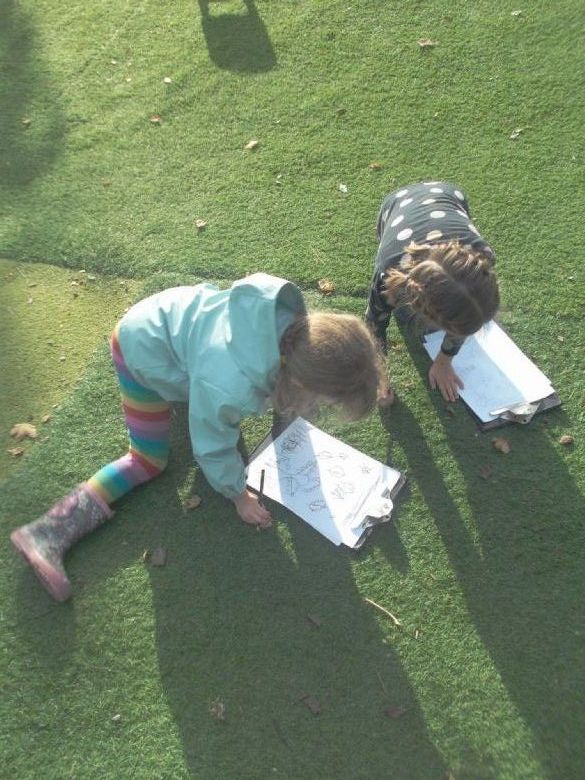
Looking for wildlife. Learning about the Equator.
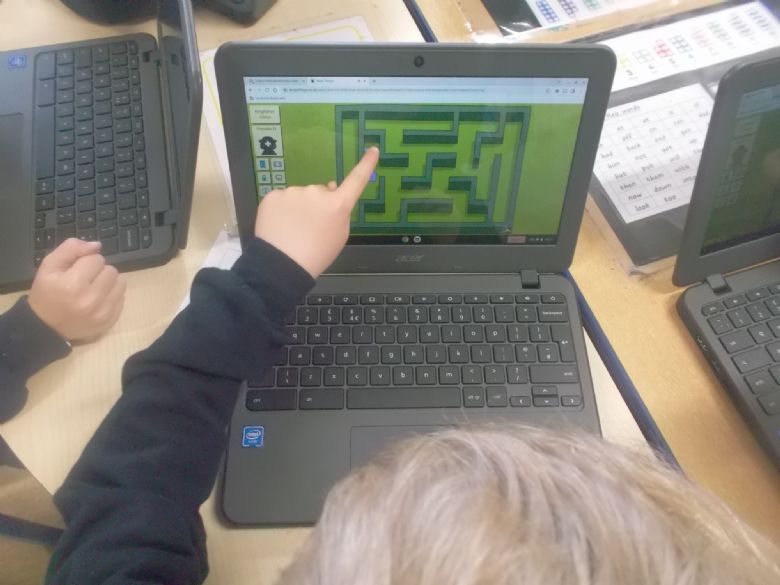
Using directional language. The great outdoors.
